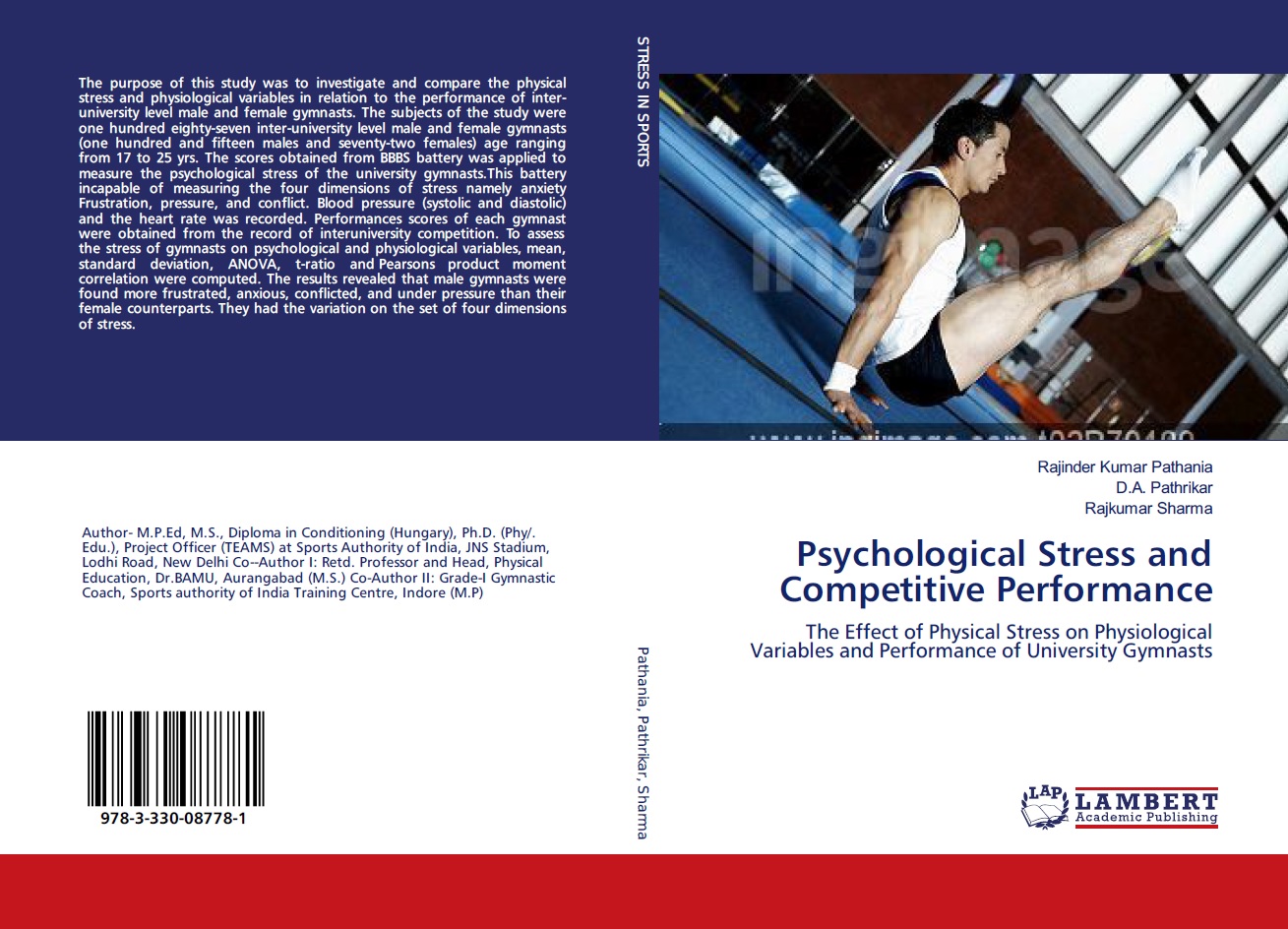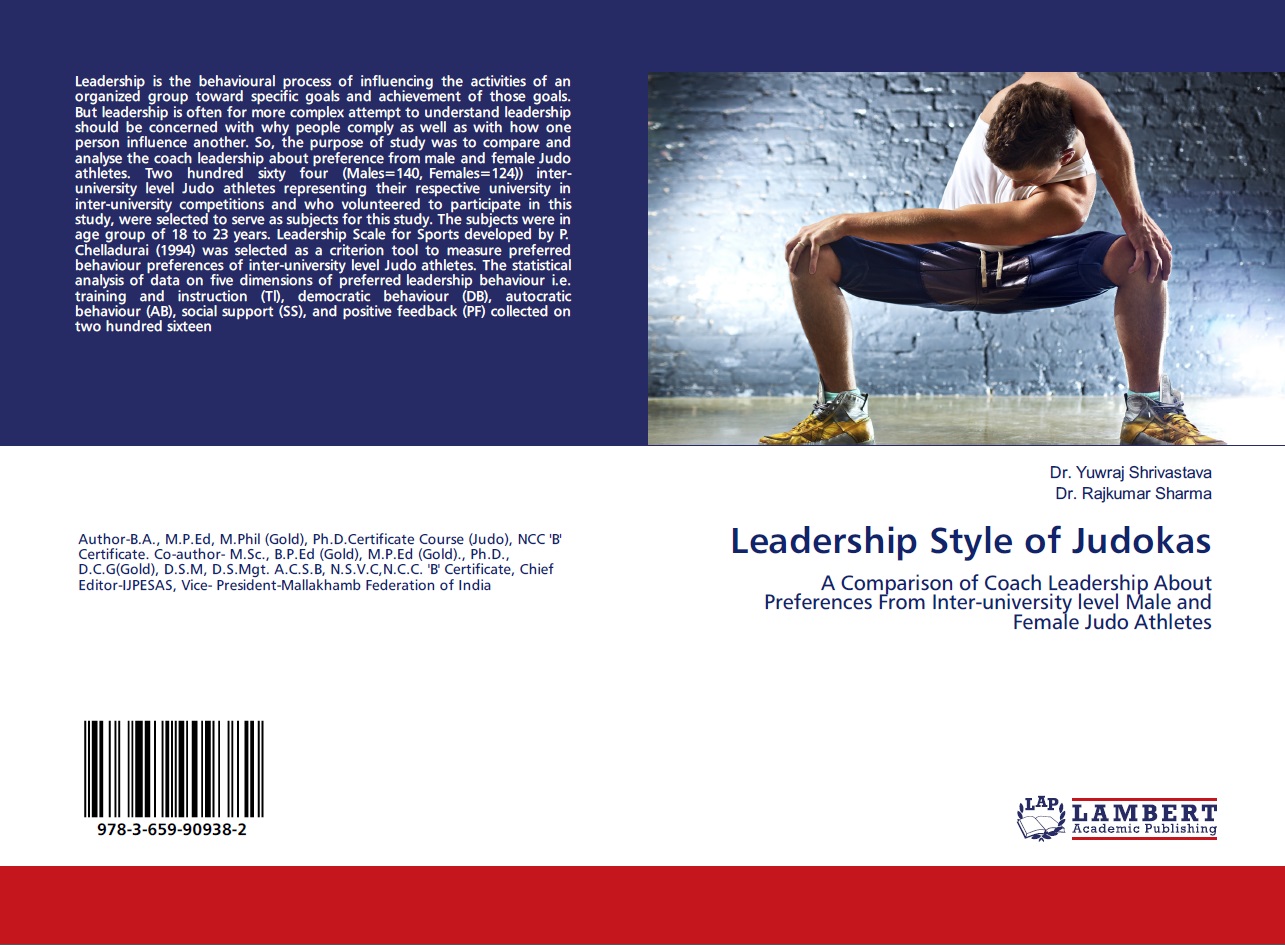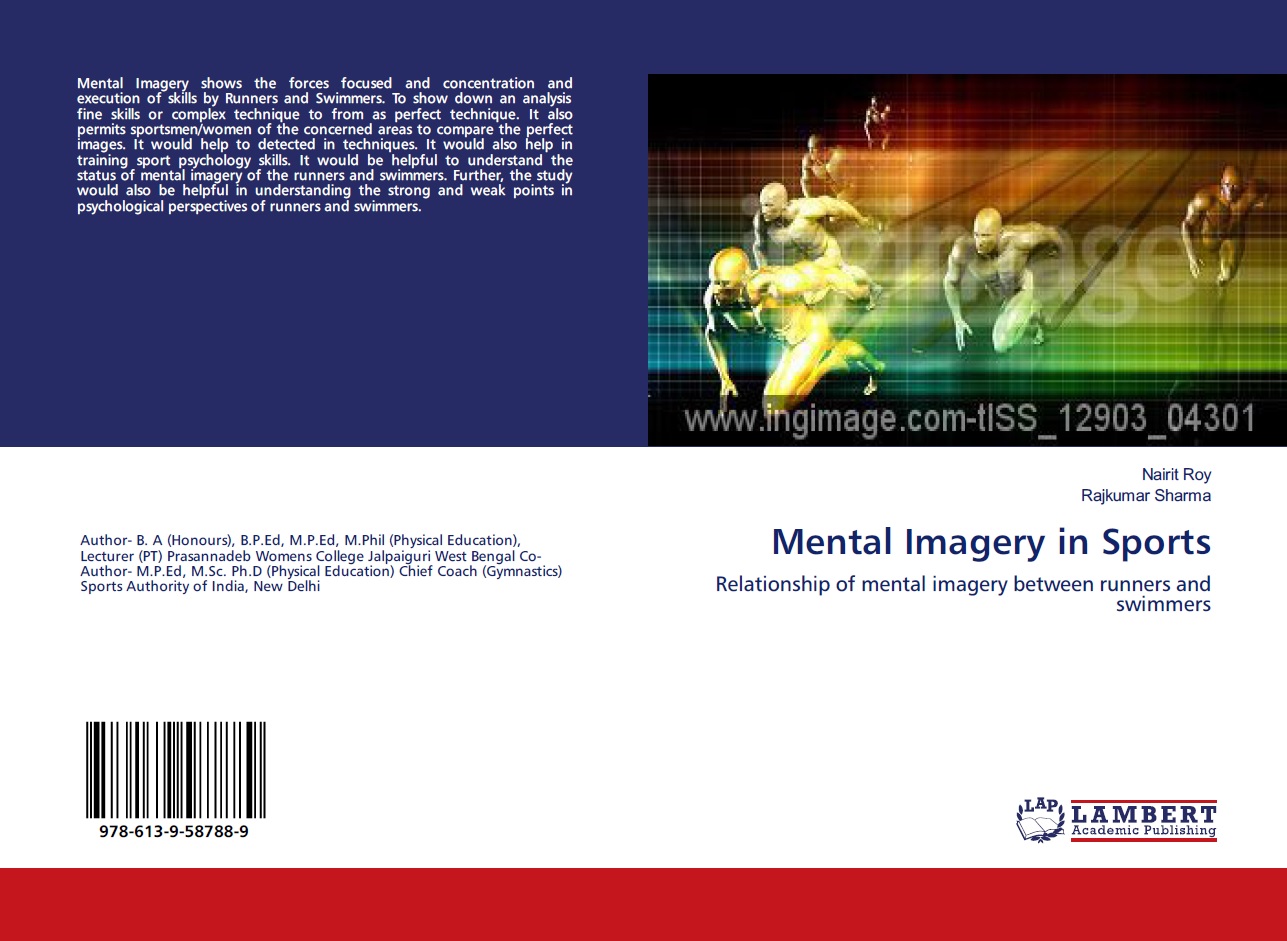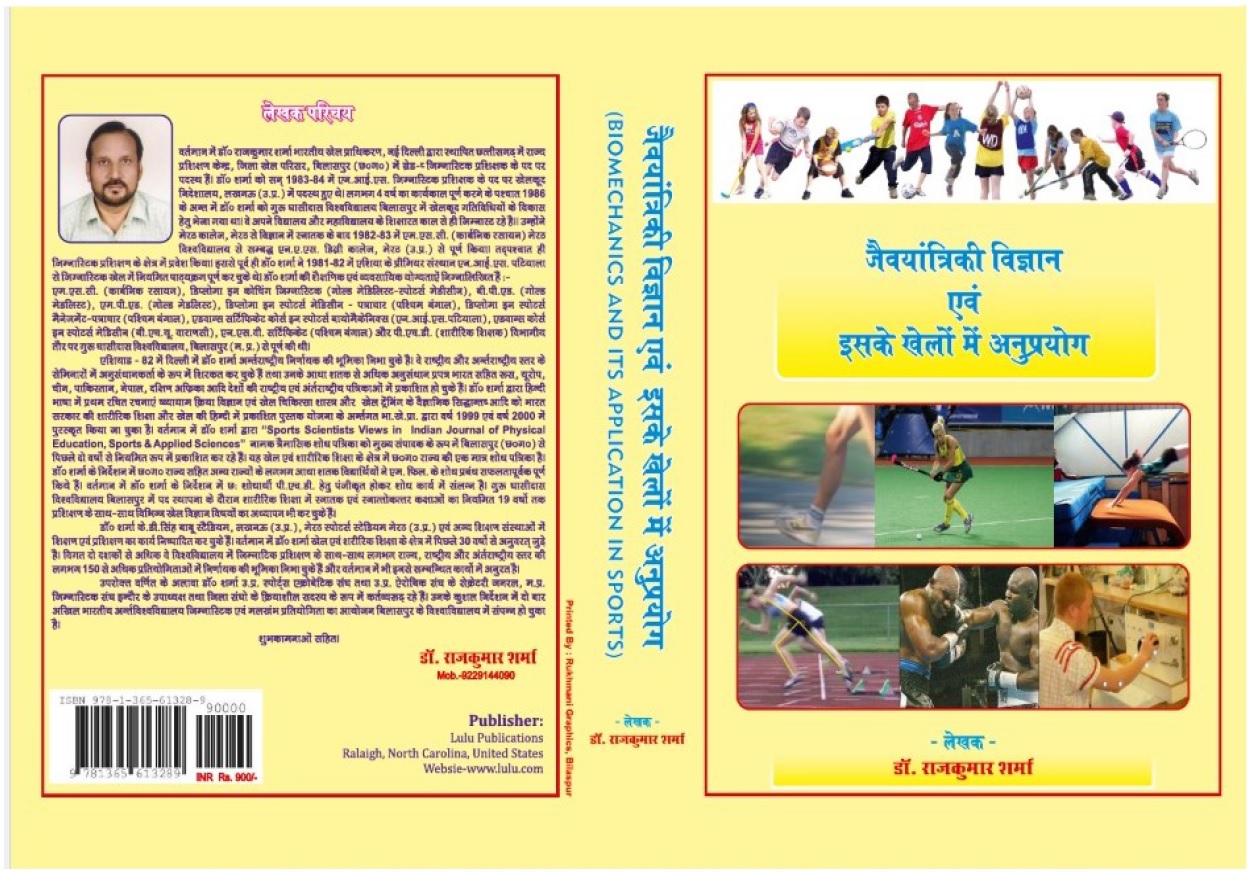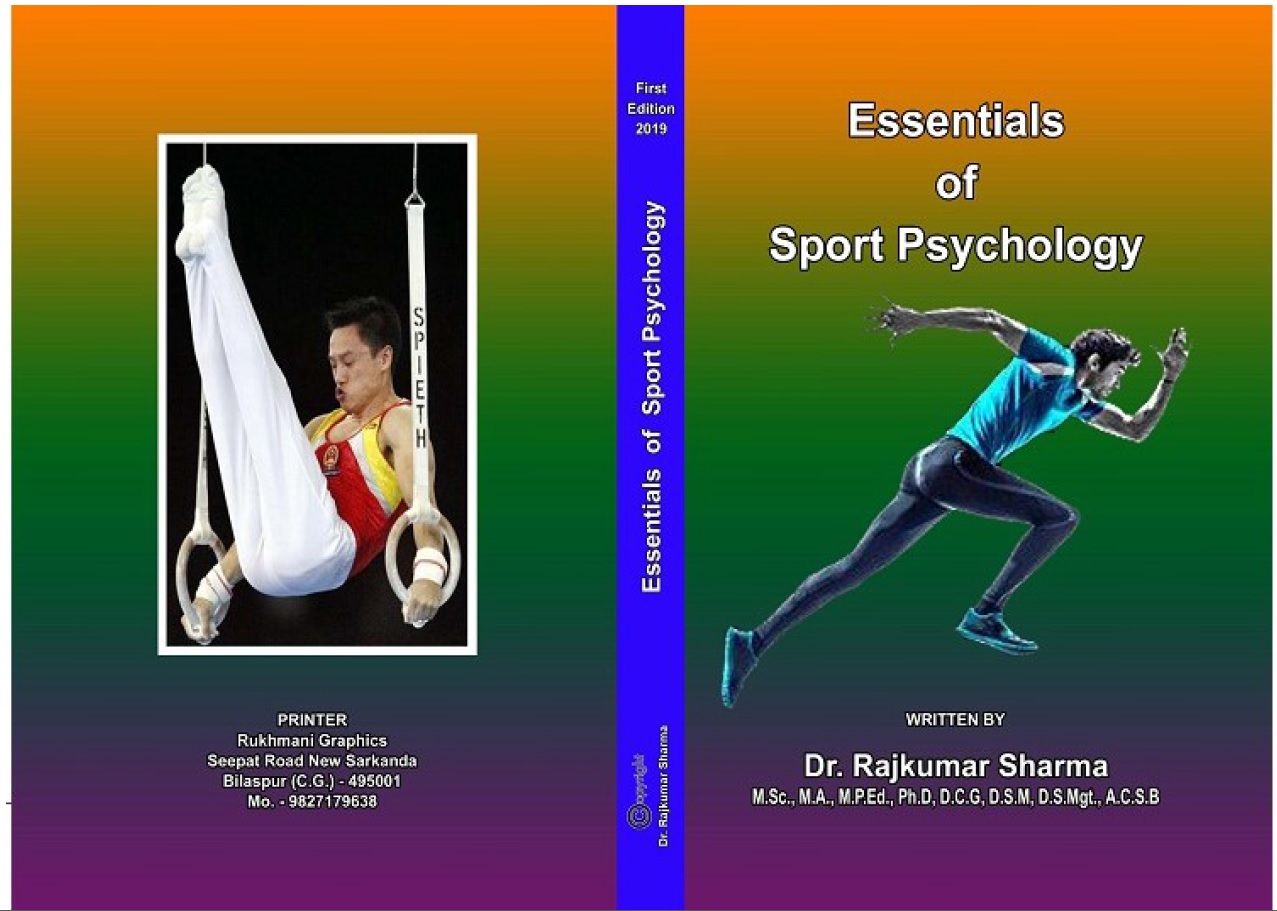| S.No. | Total View Count | Title of Manuscript | Page No | Download/ PDF |
|---|---|---|---|---|
| 1 | PREVALENCE OF GROIN PAIN ON THE BASIS OF THEIR PLAYING POSITIONS IN DISTRICTLEVEL BASKETBALL PLAYERS Author: Dr. Ambuja Bhardwaj1 & Dr. Devabrata Kalla2 | 82-91 |  7 7 |
Article info
https://doi.org/10.17605/OSF.IO/7QCFJ
doi no.: 05-2016-44975451, DOI Link :: https://doi-ds.org/doilink/06.2021-25165613/IJPESAS/V11/I2/A14
AFFILIATIONS:
-
Assistant Professor, Department of Physiotherapy, RIMT University, Punjab (India) E-mail: ambujabharadwaj@gmail.com
- Professor, S.L.N.G. College of Physiotherapy, Jodhpur, Rajasthan, (India), Email: devabratakalla @gmail.com
Groin pain in competitive sports is a frequent and complex ailment accounting for 2–5% of all sports-related pain development. This pain may be unilateral or bilateral, may involve one or more sites from time to time, and may present acutely, sub acutely or by gradual onset. It typically presents during or after sudden change of direction running where limitation of rotation of the hip is thought to be a contributing factor. The aim of this study is to check the prevalence of Groin Pain on the basis of their Playing Position in basketball players, to estimate the percentage of Basketball Players having Groin Pain and to detect the risk of chronic or longstanding Groin Pain. Based on Inclusion and Exclusion criteria 100 subjects were selected by purposive sampling with 20 players of all positions each. The HAGOS scale was filled by subjects which is a patient-reported outcome measure employing five-item Likert scales.Data was collected according to the scale.The results of the study show that maximum pain prevalence represented by lower HAGOS scores are seen in players who play at Center, Shooting Guard and Power Forward Positions compared with those who play at Point Guard and Small Forward Positions.
Key Words: Groin Pain; Basketball Players; Playing Positions.
References
Apte G, Patricia N, Jean M, Gregory D, Rafael J, Phillip S. (2011)Chronic Female Pelvic Pain. Pain practice, 12, 88-110.
Aiyegbusi A, Oluseun O, Ayobami A. (2017). Vertical jump performances in recreational basketball players: the role of physical characteristics and anthropometric parameters of the lower limbs. Medicina Sportiva, 12(1), 2853-2859.
Agricola R, Marinus P. Heijboer, Abida Z. Ginai, Pauline Roels, Amir A. Zadpoor, Jan A.N. Verhaar, Harrie Weinans, Jan H. 2014). A cam deformity is gradually acquired during skeletal maturation in adolescent and young male soccer players: development of a cam deformity. 42, 798-806.
Anderson K, Sabrina M, Russell W. (2001). Hip and groin injuries in athletes. The American journal of sports medicine, 29(4), 521-533.
Chandy S, Grana W. (1985). Secondary school athletic injury in boys and girls: a three comparison. Physician Sportsmed., 13, 6-14.
Chad S. (2003).Injuries and illnesses in the national basketball association: A 10-year perspective. Journal of athletic training, 35(2), 161-167.
Drakos M, Benjamin D, Chad S, Allen M. (2010). Injury in the national basketball association: A 17-Year Overview. Sports Health, 2(4):284-290.
Franciele M, Fabio N, Italo R, Carlos M. (2013). Sports injuries among adolescent basketball players according to position on the court. International archives of medicine, 6(5), 1-4.
Havens K, Susan M. Joint. (2015). Segmental mechanics differ between cutting maneuvers in skilled athletes. Gait and posture. 41, 31-38.
Jaime S. (1998). Game location influences basketball players' performance across playing positions. Journal of Science and Medicine in Sport. 1998;7:29-37.
Kurosawaa D, Eiichi M, Toshimi A. (2017). Groin pain associated with sacroiliac joint dysfunction and lumbar disorders. Clinical neurology and neurosurgery, 161, 104-109.
Lovell G. (1995). The diagnosis of chronic groin pain in athletes: a review of 189 cases. Australian Journal of Science and Medicine in Sport, 27, 76-9.
Moreira P, Daniel G, Oliveira G. (2003). Prevalence of injuries of Brazilian basketball national team during 2002 season. Rev Bras Med Esporte, 9(5), 263-266.
Meeuwisse W, Rory S, Hagel B. (2003). Rates and risks of injury during intercollegiate basketball. The American Journal of Sports Medicine, 31(3), 385.
Omar IM, Zoga AC, Kavanag C. (2008). Athletic pubalgia and sports hernia: optimal MR imaging technique and findings. Radiographics, 28, 1415-1438.
Striegel H, Best R, Nieb A. (2010).The “Sportsman`s Hernia” as possible cause for chronic groin pain. Deutsche Zeitzchrift for sportsmedizin, 2, 33-39.
Thorborg K, Bandholm J, Petersen, K, C. Weinold, B. Andersen, A. Serner, S. P. Magnusson, P. Holmich. (2010). Hip abduction strength training in the clinical setting: With or without external loading? Scandinavian journal of medicine and science in sports, 20, 70-77.
Thorborg K, Sonia B, Frederik S, Jesper J, P Hölmich. (2014) Copenhagen hip and groin outcome score (HAGOS) in male soccer: reference values for hip and groin injury-free players. British journal of sports medicine, 48, 557-559.
Williams JGP. (1978). Limitation of hip joint movement as a factor in traumatic osteitis pubis. British Journal of Sports Medicine, 12, 129-33.
Werner J, Agglund H, Walden M, Ekstrand J. (2009). UEFA injury study: a prospective study of hip and groin injuries in professional football over seven consecutive seasons. British Journal of Sports Medicine, 43, 1036-1040.
Wilson F, Caffrey S, King E, Casey S, Gissane C. (2007). A 6-month prospective study of injury in gaelic football. British Journal of Sports Medicine. 2007; 41:317-321.
Wilson F, Caffrey S, E King, K Casey, C Gissane. (2007). A 6-month prospective study of injury in Gaelic football. British journal of sports medicine, 41, 317–321.
Zelisko J, Bates N, Marrianne P. (1982) A comparison of men’s and women’s professional basketball injuries. American journal of sports medicine, 5(10), 297-299.
 admin@sportscientistsviews.com
admin@sportscientistsviews.com

